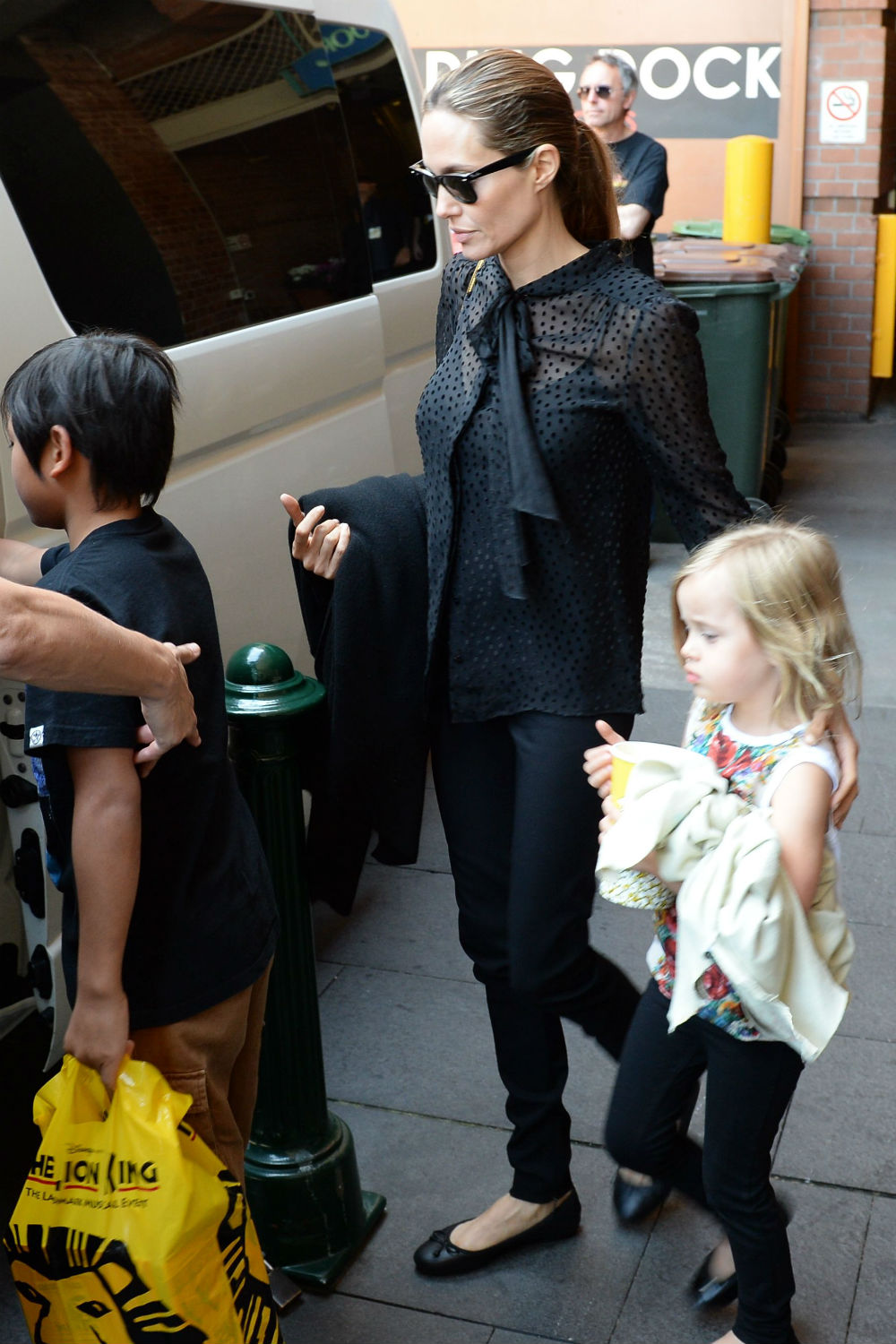Why Angelina Jolie's Mastectomy Was Just The Beginning In Raising Cancer Awareness
Angelina Jolie's brave double mastectomy story is the subject of a new survey, but it shouldn't end there...

Angelina Jolie's brave double mastectomy story is the subject of a new survey, but it shouldn't end there...
Angelina Jolie’s brave decision to tell the world about her double mastectomy touched millions, but the preventive operation failed to raise people’s knowledge of cancer, according to a new survey.
The new study found that while Angelina’s story heightened awareness of the disease across the globe, the number of people still confused about cancer is worrying low.

Writing in her New York Times piece, Angelina revealed that she had undergone genetic testing and found that she had a ‘faulty’ gene which, combined with her family history, put her at an 87% risk of developing breast cancer.
Sadly the survey now suggests most people remain largely unaware of how genetics contribute to breast cancer, and that the awareness of Angelina’s story didn’t translated into new understanding.
Conducted by the University of Maryland School of Public Health and the Johns Hopkins School of Public Health, the research found that of 2,500 American adults, three-quarters were aware of Ange’s story, but fewer than 10 per cent could correctly answer questions about the BRCA gene mutation.
Angelina carried the rare gene mutation, which is known to be the typical person’s risk of developing breast cancer.
Celebrity news, beauty, fashion advice, and fascinating features, delivered straight to your inbox!

Women with harmful mutations in either the BRCA1 or BRCA2 gene are said to be at about five times the normal risk of developing breast cancer, and a risk of ovarian cancer that is about 10 to 30 times normal.
‘It feels like it was a missed opportunity to educate the public about a complex but rare healthy situation,’ said the survey’s lead author, Dina Borzekowski.
With study co-author, Dr. Debra Roter, adding: ‘Since many more women without a family history develop breast cancer each year than those with, it is important that women don't feel falsely reassured by a negative family history.’
Angelina’s incredible story still raised a great deal of awareness, which can now be translated into a better knowledge.
For a better understanding on the BRCA1 and BRCA2 genes, head to Cancer.gov or seek advice from your local GP.
Got a tablet? You can now download Marie Claire magazine straight to your iPad, Kindle (just search the store for 'marie claire magazine'), Nook or Google Nexus.